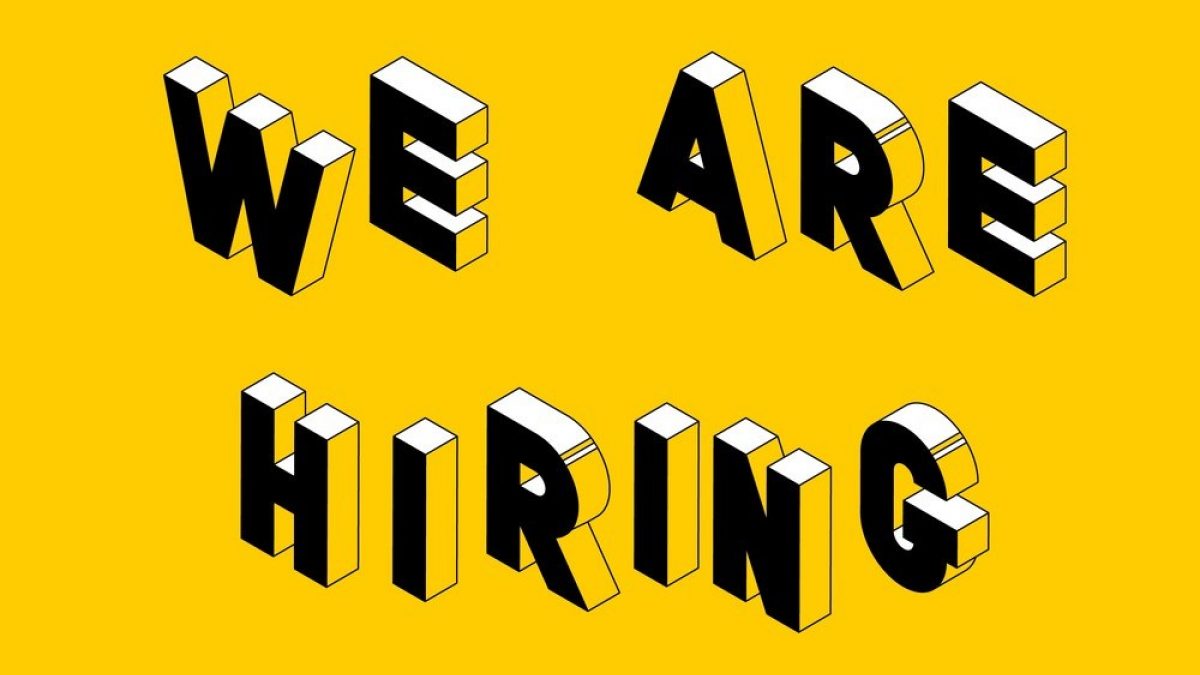
At a time where employee retention, engagement, and satisfaction are at all-time lows, the importance of honing the right recruitment trends and practices is paramount.
Nowadays, employers don’t just look for people with the right skills and experience – recruitment often comes down to personality traits, attitudes, and mannerisms. With the hopes of securing a more productive and stable workforce, trends such as this have shaped the way modern companies behave and interact with the millions of candidates in the job market.
Today’s post dives into some of the latest recruitment trends that modern companies are embedding within their hiring processes. Continue reading for a glimpse into the future of work!
While these trends may seem like a bore by now, AI and its contingent of recruitment tools will continue playing a dominant role in the hiring process.
These capabilities will tie together with the use of workplace psychometric testing, allowing employers to automate candidate sourcing, job matching, creating customized training programs and other forms of value addition to employees.
Yet, recruiters are no longer blinded by the promise of large-scale automation.
Having recognized some of the limitations of Artificial Intelligence, organizations no longer seek to fully automate their HR practices. Instead, we’re seeing recruiters work in tandem with these tools, improving the information gathering process – specifically through psychometric tests – and, ultimately, final decision-making.
This trend has been in the making for some time and will come to the forefront of recruitment trends and practices this year. In this context, rights and ethics concerning privacy will undoubtedly be among the most important, as will those relating to the freedom from bias and the right to confidentiality, professionalism, and communication.
If you’re a recruiter, you will need to be mindful of the data you collect, how your store it and how you handle it. Those falling under the ambit of GDPR and other personal data protection-focused laws will need to take greater caution in order to comply with the obligations set forth by this law.
If you use social media platforms like LinkedIn and Facebook for recruitment purposes, greater care will need to be taken, especially in light of the data security issues these platforms have raised.
While this may not seem as impressive as cutting-edge automation tools, the trend towards hiring people with what are known as “future-proof” skills is another trend we’re beginning to see in the recruitment field.
These largely include a combination of problem-solving capabilities, critical thinking, and soft skills like good communication, empathy, and other traits that are more often associated with a candidate’s personality.
While these are more likely to be discovered with the use of the right personality assessments, recruiters have now refined their focus to individuals with more than just the right experience and qualifications. Given that most soft skills can’t be learned or replicated in automated machines, candidates with the right mix of traits will soon be in hot demand in every company.
There will also be a focus on ‘transferable skills’ in industries where employers cannot find those with the right skills and experience.
Unlike baby boomers, millennials and Gen Zs prefer more flexible work arrangements. In fact, in the US alone, 36% of workers – accounting for 57 million people – are a part of the gig economy.
Given the flexibility and relative freedom that comes with this, recruitment will need to be tailored in a way that meets, both, the needs of the employer and the employee. Here, platforms like Upwork, PeoplePerHour and Fiverr, match employees with freelance workers.
While this may not be an arrangement many organizations prefer, there are a number of benefits: Hiring and training costs are lower, and freelance workers who “dig” their experiences can even come onboard as dedicated and trained, full-time employees.
Recruitment trends arise in line with the developments taking place in the job market, in HR technologies, and the changing workplace.
By staying ahead of these developments and always pushing for optimized recruitment, give your business the boost it needs to reach its zenith. After all, human resources are everything – get the right people and you’ve got almost everything you need.